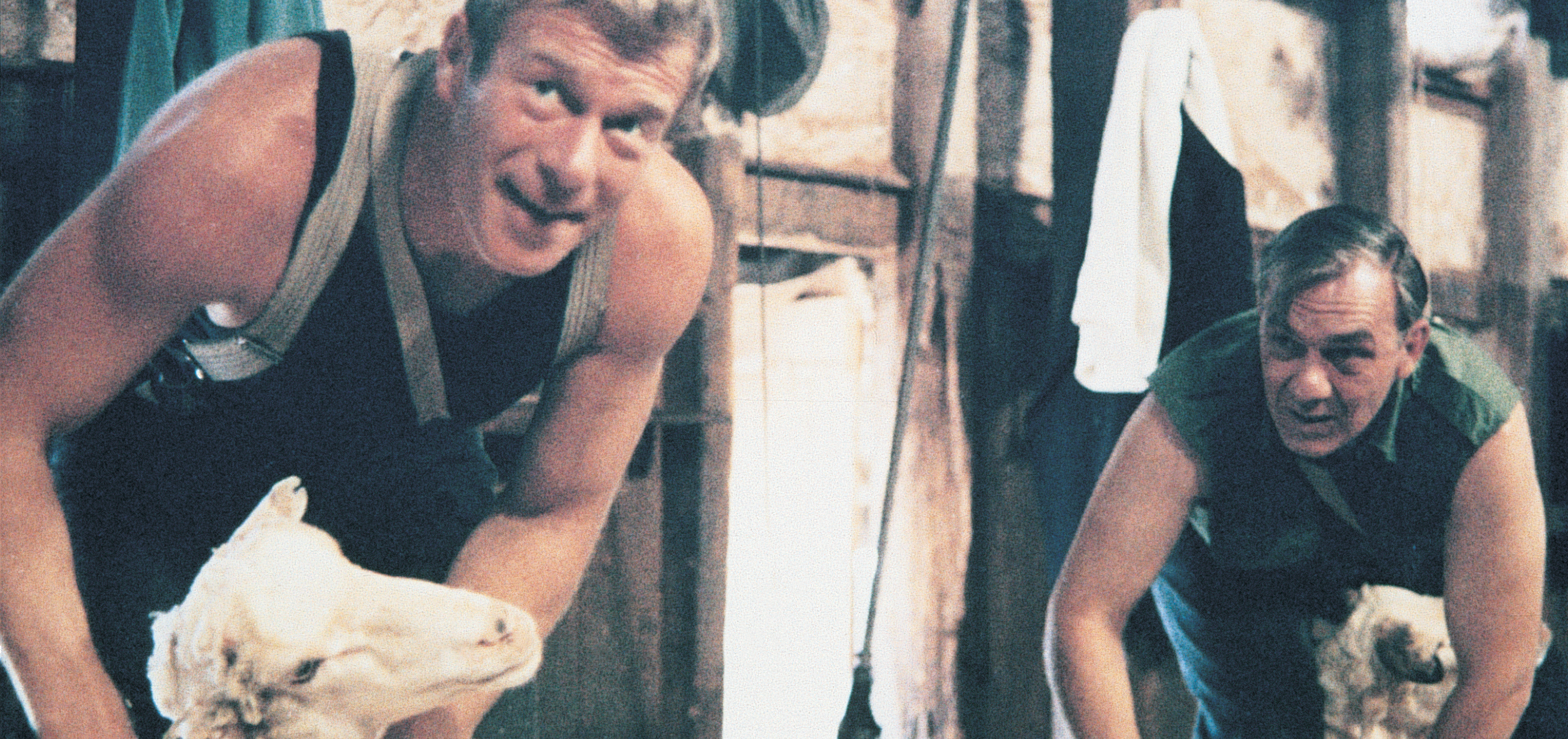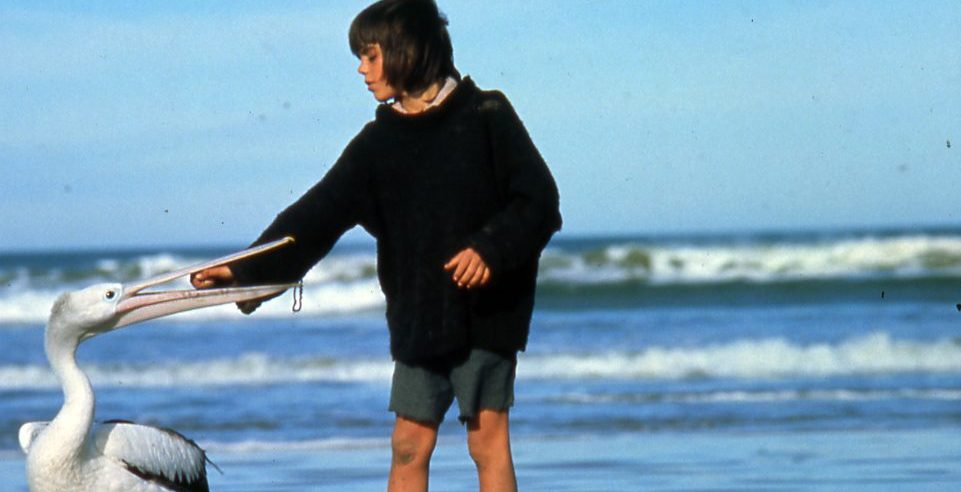ABOUT US
Our History
The South Australian Film Corporation (SAFC) commenced operations as a production company in 1972, established under an act of parliament by then Premier Don Dunstan to both encourage and develop the local film and television industry, and to attract production to the state.
Australian television and film director, producer and writer Gil Brealey was appointed founding Director and Chairman, and under his leadership the SAFC was responsible for a blend of commercial enterprise and industry development including:
- Undertaking the production of films;
- Provision of library and other services and facilities relating to films and their screening, through the South Australian Film and Video Library (1972 – 1994);
- Provision of information services about films and their availability;
- Arrangement of courses of instruction in film projection;
- Storage, distribution, sale or other disposal of films; and
- Research into the distribution of films and the effectiveness of films to meet purposes for which they are made.
The first feature film produced by the SAFC – Sunday Too Far Away (1975) – was a hit, turning a profit and winning four Australian Film Institute (AFI) Awards, including Best Actor for star Jack Thompson. The film, about the struggles of itinerant sheep shearers in the Outback in the 1950s, spearheaded what came to be known as the “Australian New Wave” of cinema.
The SAFC’s next feature also became an icon of Australian cinema – Picnic at Hanging Rock (1975), which enjoyed national and international acclaim, followed by other successful films including Storm Boy (1976), Blue Fin (1979) and Breaker Morant (1980). Early television productions included Sara Dane (1982), All The Rivers Run (1983), Robbery Under Arms (1985) and The Shiralee (1987).
The SAFC also found success producing many documentaries, training films and short films and quickly became an important source of prestige and promotion for South Australia, and a model for emulation by all Australian states.
In 1994, the SAFC’s role underwent a fundamental shift – ceasing production in its own right and assuming the role of the state government’s central agency to deliver assistance to the independent industry.
In the early 1980s the SAFC moved from its original home in Norwood, in Adelaide’s eastern suburbs, to a disused factory in Hendon, in Adelaide’s north-west, operating Hendon Studios until 2011. Hendon Studios was one of the most sought-after screen resources in the country, providing independent feature film and television producers with high-end sound and post-production as well as basic production facilities, including two sound stages.
Productions to come out of Hendon include Bad Boy Bubby (1993), Wolf Creek (2005), Ten Canoes (2006), Lucky Miles (2007), The Boys Are Back (2009), Oranges and Sunshine (2010), Red Dog (2011) and Snowtown (2011).
In 2011 the SAFC moved again, to Adelaide Studios in Glenside on the city fringe. Formerly an asylum, the heritage-listed 1800s sandstone building was purpose-renovated for the SAFC, blending restored historic buildings with cutting-edge production facilities including two state-of-the-art sound stages, a Foley stage, screening theatre, production offices and the Michael Rowan mixing theatre.
Specifically designed to be an integrated hub for local screen creatives, Adelaide Studios is also home to dozens of South Australian screen businesses and practitioners ranging from production companies to casting agents, animation and digital content studios, writers and more, all co-located with the production facilities and within easy reach of the CBD and a variety of stunning shooting locations.
Since 2011 Adelaide Studios have welcomed many high profile productions including feature films Bring Her Back, Talk to Me, Mortal Kombat, 2067, I Am Mother, The Babadook, Escape from Pretoria, Hotel Mumbai and Storm Boy and TV series RFDS S3, Ladies in Black, Beep and Mort, The Tourist, First Day, Firebite and many more.
Adelaide Studios also hosts the SAFC’s annual SAGE: South Australian Game Exhibition event, showcasing South Australia’s thriving video game development sector, which attracts thousands of people every year to see, play and experience SA made video games and meet the local creatives behind them.
View all the SAFC supported feature film, television, documentary, shorts and video game productions produced in South Australia in our Made in SA Showcase.
Main image: Sunday Too Far Away (1975)


